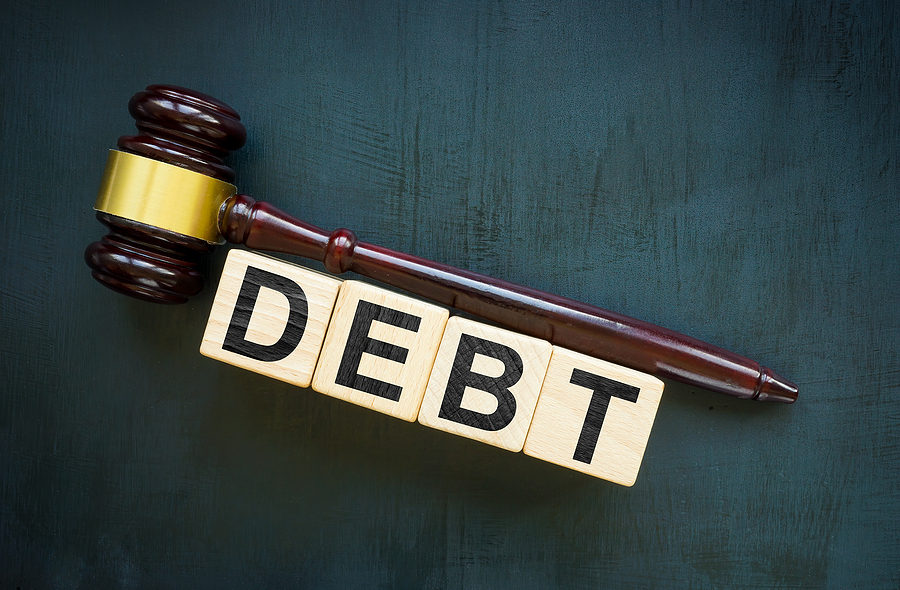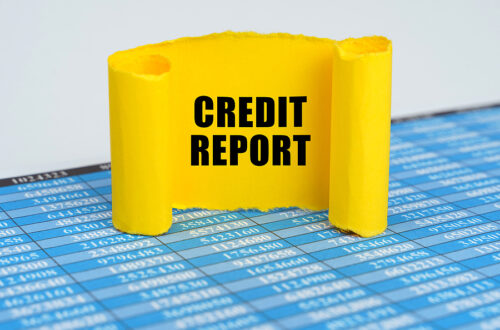Not all debts can be discharged in a consumer bankruptcy case under the U.S. Bankruptcy Code. These debts will remain with the consumer even at the successful close of the Chapter 7 bankruptcy case. While these debts may remain with the consumer, many of his or her other consumer debts will not. The goal is that with the discharge of other debts, the consumer will have extra money to be able to pay down these non-dischargeable debts.
For the most part, the consumer debts that are discharged include credit card debt, medical bills, past utility bills, personal loans and in some cases student loan debt. Many of these non-dischargeable debts cannot be eliminated due to public policy interests, such as child support.
Child and Spousal Support Obligations
Domestic support obligations, including child support and spousal support or alimony, are non-dischargeable debts in a consumer bankruptcy case. These financial obligations are one of the few exceptions to the automatic stay issued at the start of a bankruptcy case. Additionally, if the consumer currently has his or her wages garnished for payment of current or past due child support or alimony, filing a bankruptcy case will not stop the wage garnishment order.
However, while a consumer is not able to discharge his or her past due child support obligation in a Chapter 7 bankruptcy case, he or she can work to repay the obligation through a Chapter 13 bankruptcy case. This option is available only if the consumer can remain current on his or her child support payments while repaying past due obligations.
Student Loan Debt
Another form a debt that is normally non-dischargeable in a consumer bankruptcy case is student loan debt. Unlike domestic support obligations, however, student loan debts are not impossible to discharge. They are, however, more difficult. Student loan debt can be discharged if the borrower can demonstrate that he or she would suffer an undue hardship if forced to pay back his or her student loans.
Tax Debt
Recent income tax debts are not dischargeable with a Chapter 7 or Chapter 13 bankruptcy case. However, a consumer can work to catch up and repay past due income tax debt through a Chapter 13 bankruptcy repayment plan. These plans normally take anywhere from three to five years where the consumer works with the bankruptcy trustee to catch up on his or her debts.
Depending on how much time has passed, some tax debts can be discharged. The key is the bankruptcy case must have been filed more than three years after the tax return is due and more than two years after the tax return was filed. If taxes were assessed in the 240 days before the bankruptcy case was filed, the taxes owed cannot be discharged. Also, if the IRS can prove that the consumer committed tax fraud or evasion, the amount owed remains non-dischargeable, no matter how old the tax debt may be.
Other non-dischargeable debts include:
- 401(k) loans,
- Governmental debts, fines, and penalties,
- Criminal restitution,
- Debts stemming from fraud or false pretenses,
- Debt coming from a DUI accident.
Please click here to read more.
If you have questions on this topic or are in financial crisis and considering filing for bankruptcy, contact an experienced Miami bankruptcy attorney who can advise you of all of your options. As an experienced CPA as well as a proven bankruptcy lawyer, Timothy Kingcade knows how to help clients take full advantage of the bankruptcy laws to protect their assets and get successful results. Since 1996 Kingcade Garcia McMaken has been helping people from all walks of life build a better tomorrow. Our attorneys’ help thousands of people every year take advantage of their rights under bankruptcy protection to restart, rebuild and recover. The day you hire our firm, we will contact your creditors to stop the harassment. You can also find useful consumer information on the Kingcade Garcia McMaken website at www.miamibankruptcy.com.



